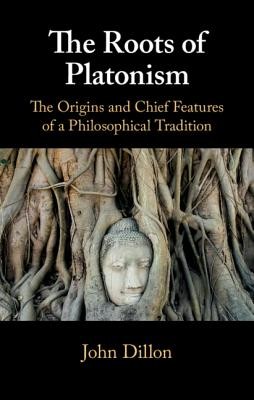
- We will send in 10–14 business days.
- Author: John Dillon
- Publisher: Cambridge University Press
- ISBN-10: 1108426913
- ISBN-13: 9781108426916
- Format: 14.6 x 22.2 x 1.1 cm, hardcover
- Language: English
- SAVE -10% with code: EXTRA
Reviews
Description
How does a school of thought, in the area of philosophy, or indeed of religion, from roots that may be initially open-ended and largely informal, come to take on the features that later mark it out as distinctive, and even exclusive? That is the theme which is explored in this book in respect of the philosophical movement known as Platonism, stemming as it does from the essentially open-ended and informal atmosphere of Plato's Academy. John Dillon focuses on a number of key issues, such as monism versus dualism, the metaphysical underpinnings of ethical theory, the theory of Forms, and the reaction to the Sceptical 'deviation' represented by the so-called 'New Academy'. The book is written in the lively and accessible style of the lecture series in Beijing from which it originates.
EXTRA 10 % discount with code: EXTRA
The promotion ends in 20d.02:02:15
The discount code is valid when purchasing from 10 €. Discounts do not stack.
- Author: John Dillon
- Publisher: Cambridge University Press
- ISBN-10: 1108426913
- ISBN-13: 9781108426916
- Format: 14.6 x 22.2 x 1.1 cm, hardcover
- Language: English English
How does a school of thought, in the area of philosophy, or indeed of religion, from roots that may be initially open-ended and largely informal, come to take on the features that later mark it out as distinctive, and even exclusive? That is the theme which is explored in this book in respect of the philosophical movement known as Platonism, stemming as it does from the essentially open-ended and informal atmosphere of Plato's Academy. John Dillon focuses on a number of key issues, such as monism versus dualism, the metaphysical underpinnings of ethical theory, the theory of Forms, and the reaction to the Sceptical 'deviation' represented by the so-called 'New Academy'. The book is written in the lively and accessible style of the lecture series in Beijing from which it originates.


Reviews